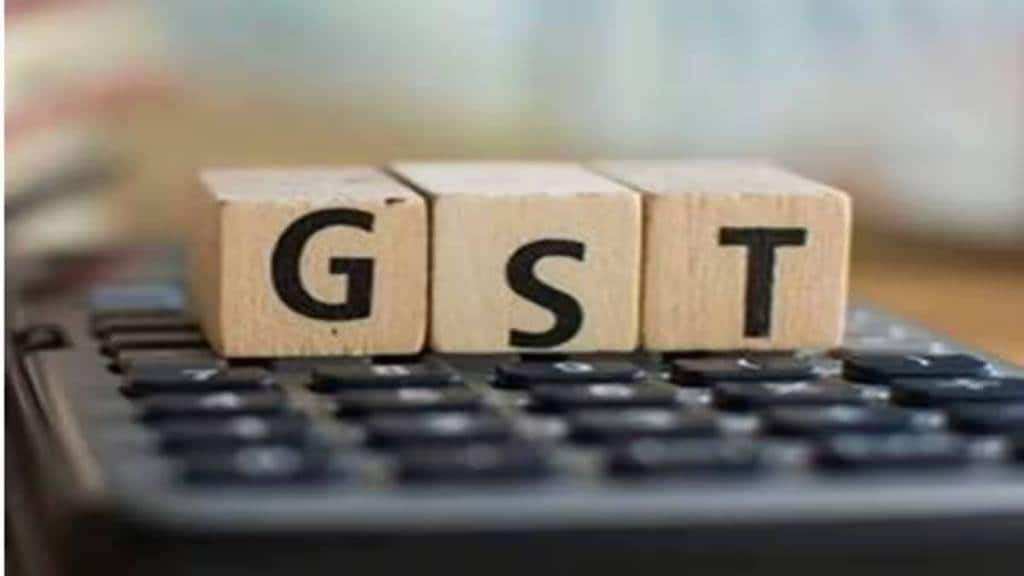Setting aside the argument of a different tax treatment for fantasy sports and casual skill gaming within the overall online skill gaming sector, the All India Gaming Federation (AIGF) has sought equal tax treatment for all online skill gaming firms. The key demand from the government is to not consider GST levy on every contest played every time, the gaming body said.
The association, which represents 120 online skill gaming companies across esports, fantasy gaming, casual gaming, and card games, said the only distinction they had sought was to treat games of skills differently with games of chances.
The statement from AIGF is significant in the background of reports that some 120 casual skill gaming companies had written to the finance ministry seeking different taxation for casual skill gaming from that of fantasy games because of different business models.
However, according to the people aware of the matter, there was no such letter from any of the gaming associations and some companies misrepresented the statement.
According to experts, fantasy games are based on the skills of players and require expertise rather than depending on chance. Similarly, online casual skill gaming involves short games such as chess, card games, which also require skills. However, there is no need for different categorisation of fantasy and casual skills as both collectively fit under the broader online skill gaming category, industry experts said.
AIGF chief executive Roland Landers said, “As the oldest, largest and the most diverse industry body for online gaming, we have always been game agnostic and have advocated for all games of skill to be treated equally. Our focus is to promote the overall advancement and growth of the Indian online gaming industry.”
Ahead of the upcoming GST council meeting on August 2, AIGF in a letter has urged the finance ministry to not only address the issue of repeated taxation but also look at alternatives such as taxing only the net value, which is deposit minus withdrawal.
Deposit means the amount paid by the participants when entering the contest and withdrawal is the amount which is won by the participants in contests.
“We hope that the GST Council will allow net deposits as the method of valuation, for all formats of skill gaming. This will result in increased revenue for the exchequer, while allowing all companies, especially the MSMEs to grow and contribute to the prime minister’s vision of India becoming a global gaming powerhouse,” Landers added.
On July 11, the GST Council decided to levy a 28% tax on the complete turnover of online gaming companies. Till now, the online gaming firms were paying 18% GST on the platform fee (also called gross gaming revenue) which is the commission charged from the participant entering the game. The gaming industry said, higher GST burden on the companies would result in closure of most gaming firms.
“We sincerely request that the recommendations of the Council are reconsidered, and the government maintains the current practice of levying GST on platform fee or gross gaming revenue (GGR), as this tax regime has consistently proven to increase tax revenues for the government while supporting the robust growth of industry. In the alternative, GST may be levied on net deposit where the tax rate may be charged at the highest slab of 28%,” AIGF said.


